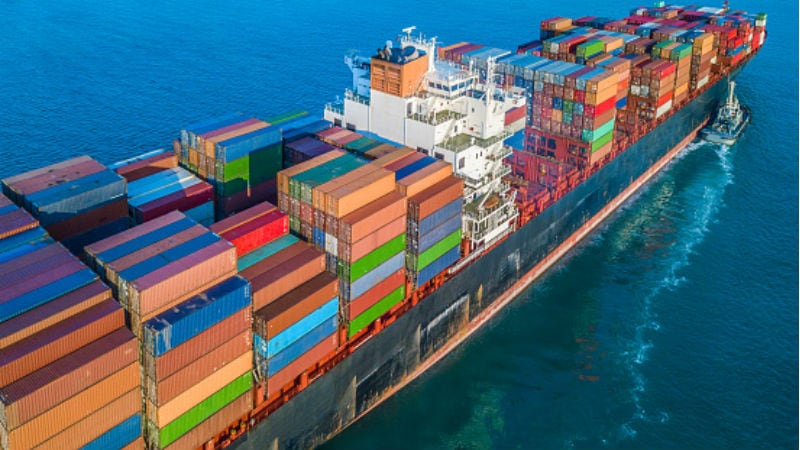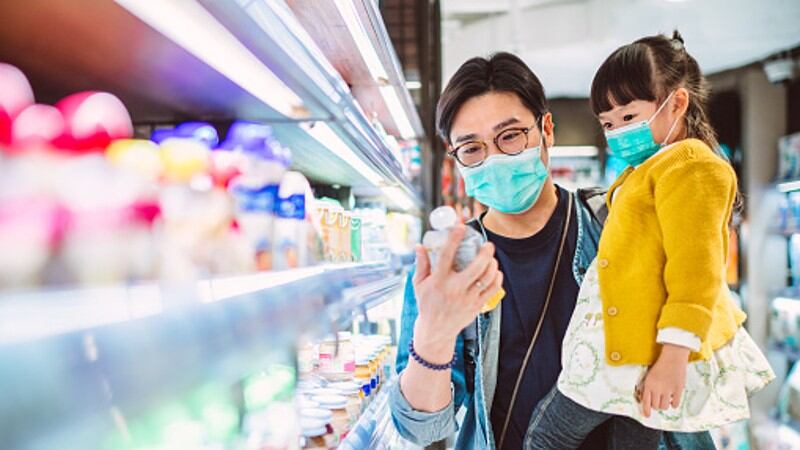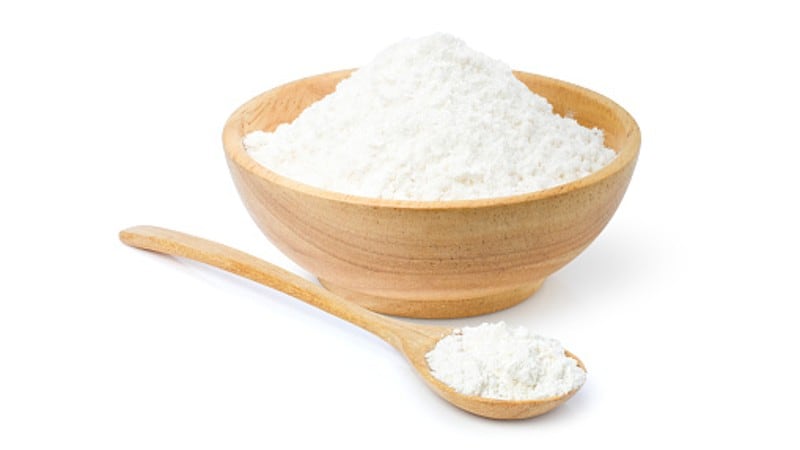Over the past few years, South Korea has been making a concerted effort to improve its international trade policies and processes to encourage food and beverage imports into the country, from the integration of artificial intelligence into its systems to labelling standardisation.
In its latest bid to improve trade efficiency, the Ministry of Food and Drug Safety (MFDS) has just enforced in June 2023 a policy to avoid repetitive processing on the part of importers bringing in shipments of the same items in bulk but to separate locations, putting in place a standardised system that will remove the need for multiple rounds of application and declaration.
“In these new improved processing procedures for imported food products arriving in bulk on ships, if the products are divided into two or more customs clearance locations, the importers are now able to make advance import declarations simultaneously to the relevant regional offices,” MFDS said via a formal statement.
“The officers in charge at the locations will conduct simultaneous inspections, and if selected for on-site random close inspection, this will fall under the purview of the officer at the location with jurisdiction over the first customs clearance [according to time of arrival].
“This is expected to reasonably improve import declaration and inspection procedures [and] avoid [repetitive] document and on-site inspections.”
This is in addition to MFDS’ recent announcement of shorter processing privileges for food and beverage firms that have a good history in terms of trade with the country.
“If the food product in questions has a history of import declarations of at least five times yearly on average over the last three years, and there has been no history of non-compliance during that time, MFDS will issue advance import sanctions for this item,” said the ministry.
“This import sanction will allow for quicker customs clearance for the product and establish procedures to omit documents and on-site inspections before entering the country.”
Penalties for non-compliance
Although it might appear that South Korea is very keen to open up trade and imports to enrich its local food supply, this by no means equals unmonitored access to the country - According to the ministry’s latest data, several more agricultural food products have had their advance sanctions revoked as a result of non-compliance with quality or safety standards.
“Several overseas food and beverage products that have failed inspections in the last five years have now been excluded from the scope of advance accreditation,” MFDS stated.
“These include: Lychees and broccoli from China; coffee beans from Brazil; mangoes from the Philippines; as well as eastern Myanmar, Italian and American roasted coffees.
“Food safety and the safety of consumers in South Korea will remain a priority whilst MFDS strives to improve the local food trade and imports system.”





